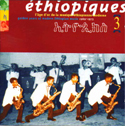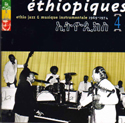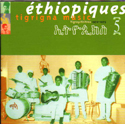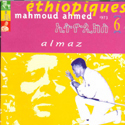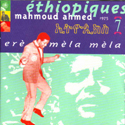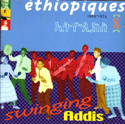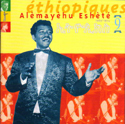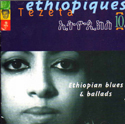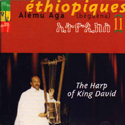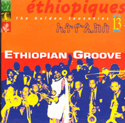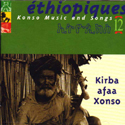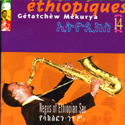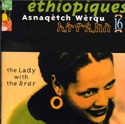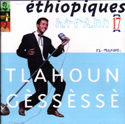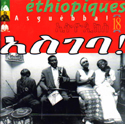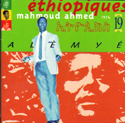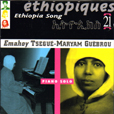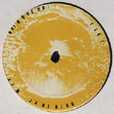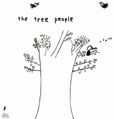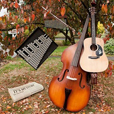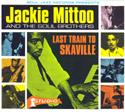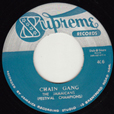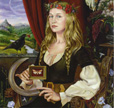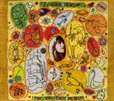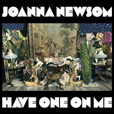Your basket is empty

Sublimely tilted like Sun Ra, rocking like James Brown at the Apollo, the tracks here by police bands are a reminder that Ethiopia at the time had no independent modern groups.
Presenting the musical giant, keyboardist Mulatu Astake — that’s him on the sleeve with Duke Ellington.
The music of Tigray and Eritrea — where the majorities speak the Tigrigna language — is rhythmically and melodically different from Ethiopian music.
His first LP, Almaz, originally released in 1973.
Collects Ahmed’s 1975 recordings for the Kaifa label, including the LP Ere Mela Mela released in Europe by Crammed Discs, back in 1986.
Soul, rhythm and blues, even the Twist re-articulated in Addis Ababa.
Frantic rock and heartrending ballads from this showman with the Little Richard pompadour.
With virtuoso self-accompaniment on the beguena — an oversize ten-string lyre, the oldest instrument played in Ethiopia: religious songs as well as traditional fables, folk tales and poems.
Another survey of the golden age of modern Ethiopian dance music — bound up with the production of vinyl records — between 1969 and 1978.
The music of the Konso — a tribe from the Sudanese border country — to do with daily chores, sacred or ritual matters, and entertainment. Flutes, bells, harps, horns, xylophones, drums.
Starting in the early fifties, long before Ayler and Ornette, Mekurya’s stroke of genius was to give improvisatory voice on his saxophone to the ‘shellela’ singing style — epic, harsh, war-like.
Self-taught on krar-lyre, favourite instrument of the azmari; and — alternately poignant and sarcastic — the last great singer, story-teller and free-thinker to carry on their tradition of poetic cut-and-thrust.
For Ethiopians, their greatest singer of all time; with music arranged by Mulatu Astatqe for the Army Band, the Exhibition Band, the Police Orchestra, the Bodyguard Band.
The sequel to Volume 2 in this series, and featuring many of the same singers, accompanied by the messenqo (one-string fiddle), the krar lyre, the kebero drum and the accordion.
Alemye, from 1974.
Unmissable, wonderful solo piano. Chopin, Tatum, Satie and company, steeped in the Ethiopian sound.
Stephen Cohen’s hushed, affective, dazed underground folk, recorded in Oregon in 1979. Lovely music, beautifully presented by this Japanese reissue label to watch. Guerssen vinyl.
‘The Soul Brothers possess a Crystal Clear Sound. Obviously it would be better to Cut the Chatter and Spin the Platter.’
A knockout selection of instrumental scorchers by the awesome Studio One house band led by Jackie Mittoo and Roland Alphonso, 1965-67.
Tough pan-Caribbean wig-out, complete with twanging guitar and characteristically hot organ; plus The Jamaicans’ lovely version of the Sam Cooke.
